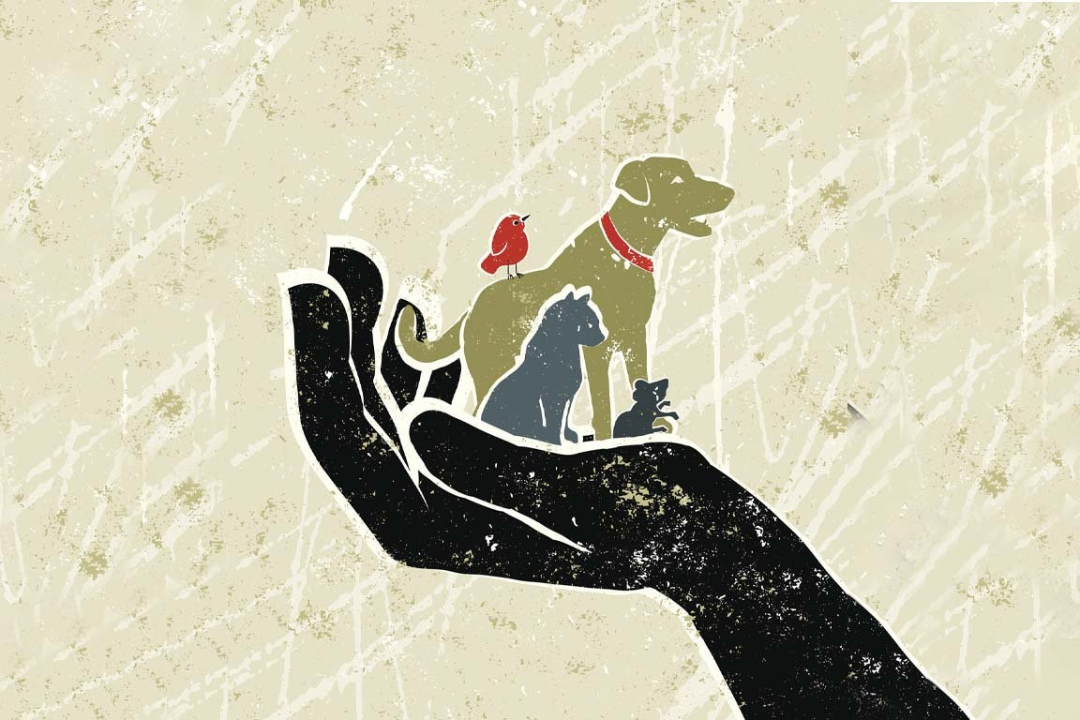Since joining GW Law this fall as the inaugural director of the Animal Legal Education Initiative, Assistant Dean for Animal Law, Kathy Hessler wants the public to understand that improving our approach to animal law is not just about being compassionate to other creatures it’s also for the benefit of humans. Climate change and some of the world’s deadliest pandemics come from animal sources. And these are just some of the negative outcomes that stem from how we manage our relationships with animals and their environments.
“If we’re not regulating the use and abuse of animals, we’re going to have these outcomes. Even if you don’t care about animals, the way we treat them affects you,” says Hessler in a November 2022 profile in Washingtonian Magazine.
Hessler’s program is creating a brand new animal law curriculum to develop a better regulatory framework for the treatment of animals, which will positively impact other legal fields from the environment to health care. The questions raised in many animal law cases follow similar questions about the rights of humans, Hessler says.
This October’s Supreme Court arguments in National Pork Producers Council v. Ross is a prime example of how the fate of one law about the treatment of animals in California has implications for humans. While on the surface, the case is about California’s voter's ability to improve living conditions for pigs, Hessler tells WNYC’s “The Takeaway” there are parallels to the Court’s abortion decision in Dobbs v. Jackson to watch for.
“It would seem important that the Supreme Court maintains some consistency in its approach to the question of state’s rights. So on the one hand if in Dobbs the court has said it’s important that states have the right to choose for themselves how to address this really difficult and important question, and to do something different in the Prop 12 case would be problematic one might assume.
Interestingly there are a number of substantive parallels in these cases as well. The health and safety concern, the morals concern exist in both of these contexts. So do citizens have the right to say for themselves, in a state, we want to decide what we think is the appropriate moral response to the question of abortion or the question of humane treatment of animals?”
Hessler says it will be notable whether the Court goes in the opposite direction for California’s right to set conditions for the treatment of animals compared to other rights states might try to assert.


